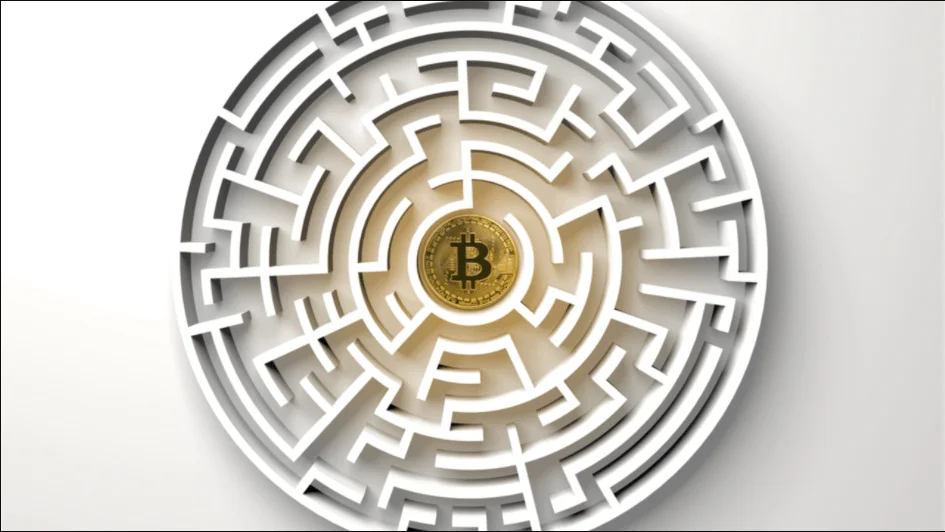A defect in an upgrade to the ICON blockchain that occurred in 2020 allowed a user to manufacture millions of ICX tokens on a regular basis.

According to a California federal judge, a cryptocurrency enthusiast who took advantage of a defect in the ICON network to mint a substantial amount of the network’s native ICX token may be able to pursue entitlement claims.
In a ruling issued on Monday, August 9, United States District Judge William H. Orrick stated that the case involves novel issues about digital property.
He went on to say that plaintiff Mark Shin had made a compelling argument that the ICON Foundation erred in freezing his crypto asset accounts after he took advantage of the foundation’s flaws in its code.
In accordance with Law360, the charges were sufficient to allow the case to proceed, with Judge Orrick dismissing the majority of the ICON Foundation’s petition to dismiss the claims in its entirety.
A problem in the ICON Network’s code was identified in August 2020, according to court records, when a software upgrade was applied to the network. When Shin attempted to transfer staked tokens, he realised that 25,000 additional native ICX tokens had emerged in his wallet as a result of the transfer.
In his opinion, there was a “visual bug with the wallet software,” so he tried the process again and earned an additional 25,000 ICX coins as a result of his efforts.
Shin was able to generate a total of 14 million new ICX tokens, which were worth around $7.8 million at the time of the coding issue. He subsequently transferred a large number of those tokens to cryptocurrency exchanges such as Kraken and Binance.
Despite acknowledging that “the authors and developers of the [software update] may not have intended for the network proposal to behave as it did,” Shin contended that he was the new lawful owner of the tokens because of the code changes that had been implemented. The court agreed with Shin.
He stated that ICON was not in agreement with him and requested that his accounts be frozen on Binance and Kraken, claiming that he had assaulted the network. The plaintiff’s allegations of putative token ownership rights were accepted by the judge, who allowed the case to proceed. The judge stated:
“The inquiry at this stage, however, is whether Shin has plausibly alleged possessory interest in the ICX tokens. I find that he has.”
Shin’s attorney, Ted Normand of Roche Freedman, stated that the case raises doubts about the decentralisation promises made by some networks, and that the case highlights those questions:
As one DeFi company put it,
“If you’re a DeFi company issuing assets… you can’t have a decentralized ecosystem only when it’s convenient.”
The South Korean blockchain project has slipped from its previously lofty places in the market capitalization charts as the price of its ICX tokens has plummeted, meaning it has mainly missed out on the current bull market.
ICX is currently trading at $1.12, representing a 91.5 percent decline from its all-time high of little more than $13 reached in January 2018.
